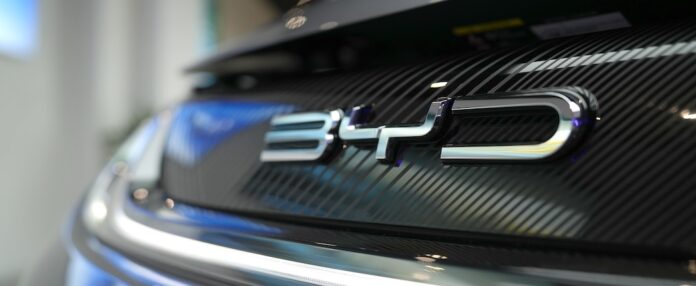China’s electric vehicle production and sales remain strong, according to an industry expert at a conference in Singapore. The country continues to dominate the development and sales of EVs, and the rapid pace of EV development could be a major challenge for fluid engineers.
According to Eason Yang, industrial products research and development manager at Chinese lubricant additive company Richful, there are specific performance requirements for electric transmission fluid – such as material compatibility and electrical performance in wet motors – that differ significantly from those of conventional automatic transmission fluid and GL-5 lubricants.
For example, copper inhibition additives can act as both protectors and antagonists. Thiadiazole, inhibits the catalytic effect of copper oxidation when lubricant temperatures are below 125 degrees Celsius. However, when the temperature exceeds 130 degrees, it may begin to corrode copper.
From January to April, EV production and sales in China reached 4.429 million and 4.3 million units, respectively, increasing by 48% and 46% year-on-year. EV sales accounted for 43% of total new vehicle sales. Sales of battery electric vehicles jumped 51% to 2.75 million units. Plug-in hybrid vehicles increased 39% to 1.549 million units, while fuel cell vehicle sales fell 11% to 1,000 units.
The top 15 EV companies held a 95% market share, with BYD securing the top spot, followed by Geely, SAIC, Changan and Tesla, according to Yang. He shared data from the China Society of Automotive Engineers Report 2025, which was released in May.
Automobile sales also grew during the same period. Production and sales of all cars reached almost 10.18 million and 10.06 million units, respectively, representing year-on-year increases of 13% and 11%. Sales for the first four months exceeded 10 million units for the first time in history.
